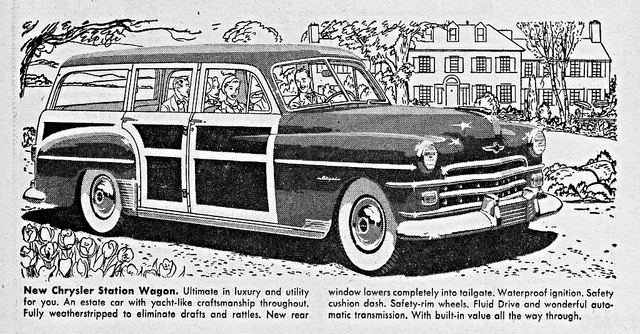What We're Losing When We Destroy Historical Sites

By:
We all know that history is more than what's in textbooks — it also exists in the physical world around us. Yes, that includes dinosaurian oddballs and cave tools, but it also means something much more vulnerable: historical sites that can be lost, deleted like your browser history.

Thanks to preserved buildings and natural sites, we can visit places that were important in defining our nation's history, allowing us to more clearly visualize the past by wandering through spaces like The Parthenon or Virginia’s Colonial Williamsburg.
Historical places are important because they take us back in time. But more and more sites are being destroyed, taking the history of a people and a place with it. Why should we preserve historical sites? Here are five reasons.
1. They make history much less boring.
It's pretty simple: Would you rather read about a Revolutionary War battle or stand where cannons were fired? You'd probably rather be there, walking in the footsteps of soldiers who literally fought to put America on the map. By preserving these sites, we can share compelling stories of our history to a future generation by way of spectacular visual aids that stood through time. Keeping those memories alive is a gift that keeps on giving. And to sweeten the deal? A study in England found that visiting historical sites make us happy.
2. Historical sites help us remember moments we shouldn’t forget, even if we want to.
Ever wonder why people make treks to places like Auschwitz? Or Chernobyl? What about Pearl Harbor? Why are those popular destinations?
Yes, these places are steeped in bitter parts of our history, but they’re also important reminders of how far we've come. It's called “dark tourism,” and its popularity illustrates how we crave firsthand understanding of what came before us. Historical sites are political time capsules, windows into what makes us human.
3. Historical sites are time machines to our ancestors.
More than being architecturally interesting or fulfilling an elementary school fantasy, there’s legit power in visiting a site such as Ellis Island. Those places connect us with our relatives.
With the popularity of websites such as Ancestry.com and television shows such as "Who Do You Think You Are?", we clearly love connecting history with family, and old places offer that same fulfillment.
Want to take that ancestry connection to the next level? Some places offer opportunities for you to sleep like your ancestors did by way of historic lodging.
4. These sites empower political activity.
Why would a contemporary group like Black Lives Matter march across a bridge in Selma, Alabama? Because the act invokes the legacy of Martin Luther King Jr. Political acts as such are more than a visit to a landmark. They are also a powerful means to tie the past to the present, folding time to empower political activism of today with yesterday — and that makes historical preservation vital.
5. They’re a cheap vacation.
 Alden Jewell - flickr.com
Alden Jewell - flickr.com
Let’s be real: We’re all in a pinch for cash and want the most bang for our buck. You know what places are great when you're on a budget? Historical sites. Not only do historical sites offer a great place for educational R&R with the fam, they’re also as varied as they are ample: You can opt for a beautiful vacation in your backyard, a dose of American oddity on the road or an expedition that makes you a de facto historian.


